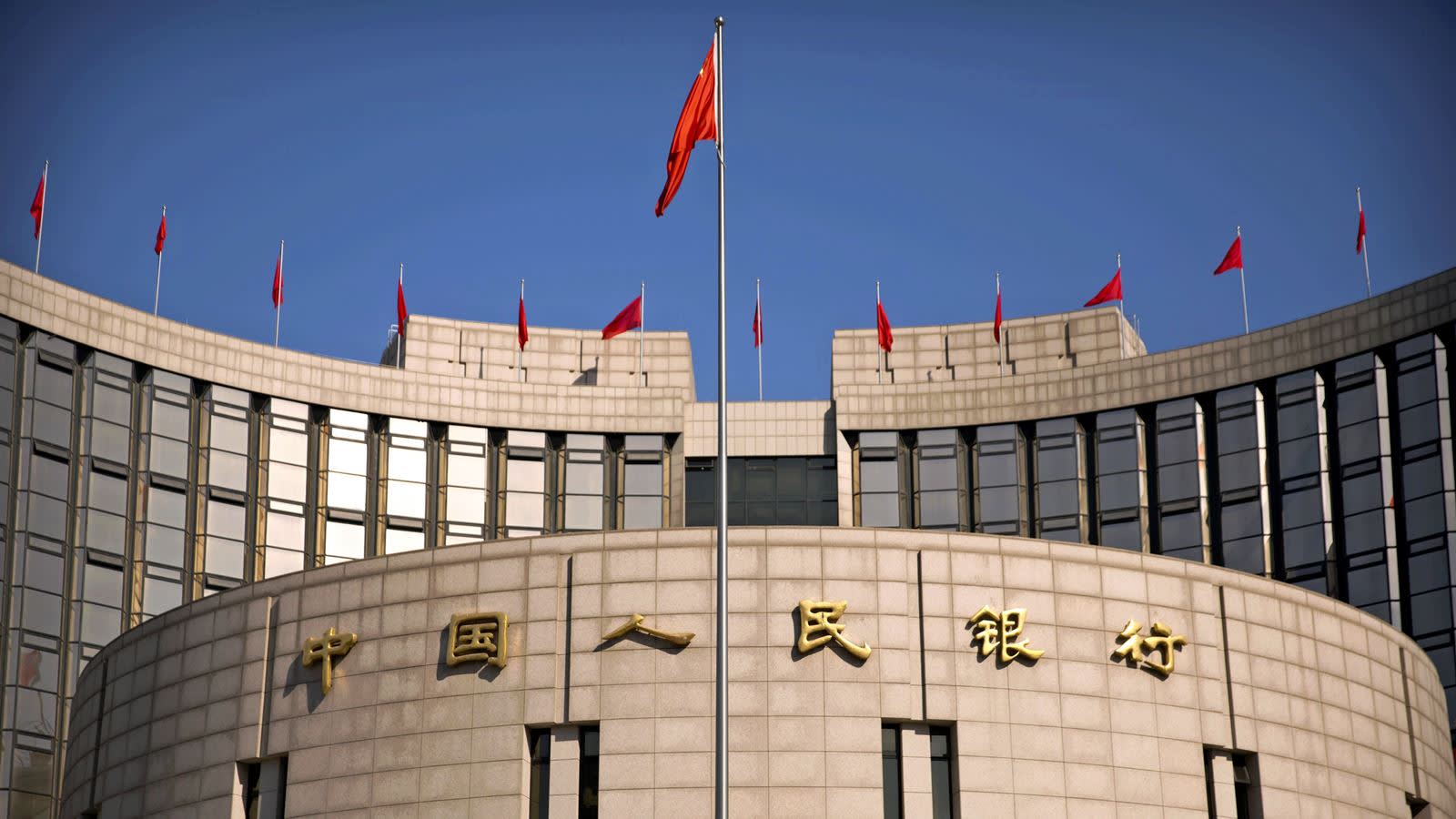China’s Economic Stimulus Plans Dismissed Amid Trade Uncertainty, Says Analyst
03.12.2024 12:00 1 min. read Kosta Gushterov
Shehzad Qazi, the Chief Operating Officer of China Beige Book, recently dismissed the idea of a major economic stimulus from China, countering speculations about Beijing's fiscal strategy.
In an interview on CNBC’s Squawk Box, Qazi elaborated on China’s current economic outlook, pointing out that while certain indicators like factory revenues and profits have shown improvement, these gains largely stem from preemptive export orders made in anticipation of U.S. tariffs.
Qazi explained that the surge in orders, driven by fears of tariffs, was more of a strategic move than a sign of lasting economic expansion.
He further clarified that the much-discussed idea of a significant stimulus package from China was unlikely, emphasizing that the Chinese government seemed focused on preserving its financial resources for future stability rather than implementing large-scale measures in the short term.
Qazi also commented on the complicated dynamics between the U.S. and China, particularly in light of former President Donald Trump’s tariff policies. According to Qazi, these tariff threats have contributed to economic volatility but also led Chinese factories to bolster production in anticipation of trade disruptions.
Additionally, he touched on the ongoing debate over China’s preferred leadership in the U.S., suggesting that Chinese authorities may find President Biden’s administration more predictable compared to Trump’s riskier, more unpredictable tactics.
-
1
U.S. PCE Inflation Rises for First Time Since February, Fed Rate Cut Likely Delayed
27.06.2025 18:00 1 min. read -
2
Key U.S. Economic Events to Watch Next Week
06.07.2025 19:00 2 min. read -
3
Gold Beats U.S. Stock Market Over 25 Years, Even With Dividends Included
13.07.2025 15:00 1 min. read -
4
U.S. Announces Sweeping New Tariffs on 30+ Countries
12.07.2025 16:30 2 min. read -
5
US Inflation Heats Up in June, Fueling Uncertainty Around Fed Cuts
15.07.2025 16:15 2 min. read
US Inflation Heats Up in June, Fueling Uncertainty Around Fed Cuts
U.S. inflation accelerated in June, dealing a potential setback to expectations of imminent Federal Reserve rate cuts.
Gold Beats U.S. Stock Market Over 25 Years, Even With Dividends Included
In a surprising long-term performance shift, gold has officially outpaced the U.S. stock market over the past 25 years—dividends included.
U.S. Announces Sweeping New Tariffs on 30+ Countries
The United States has rolled out a broad set of new import tariffs this week, targeting over 30 countries and economic blocs in a sharp escalation of its trade protection measures, according to list from WatcherGuru.
Key U.S. Economic Events to Watch Next Week
After a week of record-setting gains in U.S. markets, investors are shifting focus to a quieter yet crucial stretch of macroeconomic developments.
-
1
U.S. PCE Inflation Rises for First Time Since February, Fed Rate Cut Likely Delayed
27.06.2025 18:00 1 min. read -
2
Key U.S. Economic Events to Watch Next Week
06.07.2025 19:00 2 min. read -
3
Gold Beats U.S. Stock Market Over 25 Years, Even With Dividends Included
13.07.2025 15:00 1 min. read -
4
U.S. Announces Sweeping New Tariffs on 30+ Countries
12.07.2025 16:30 2 min. read -
5
US Inflation Heats Up in June, Fueling Uncertainty Around Fed Cuts
15.07.2025 16:15 2 min. read

